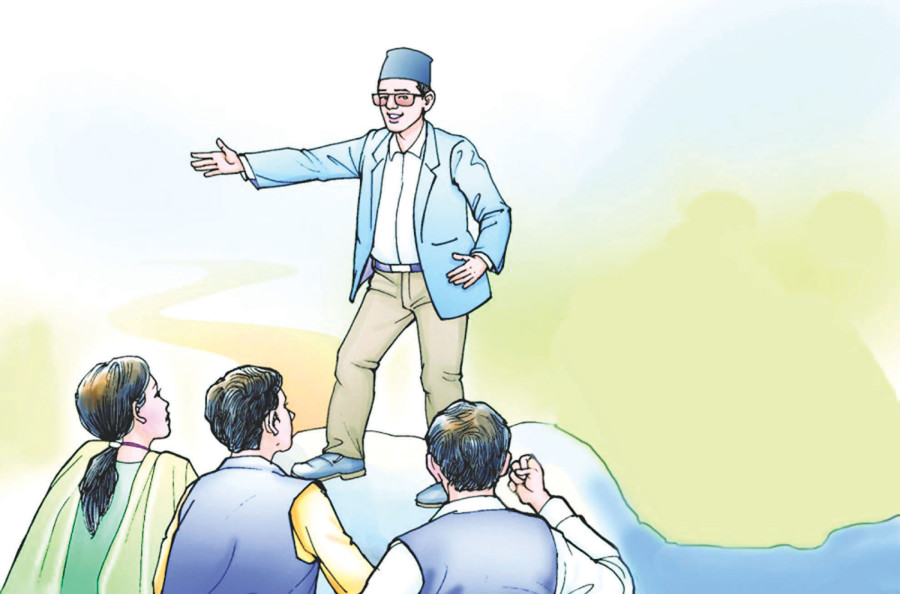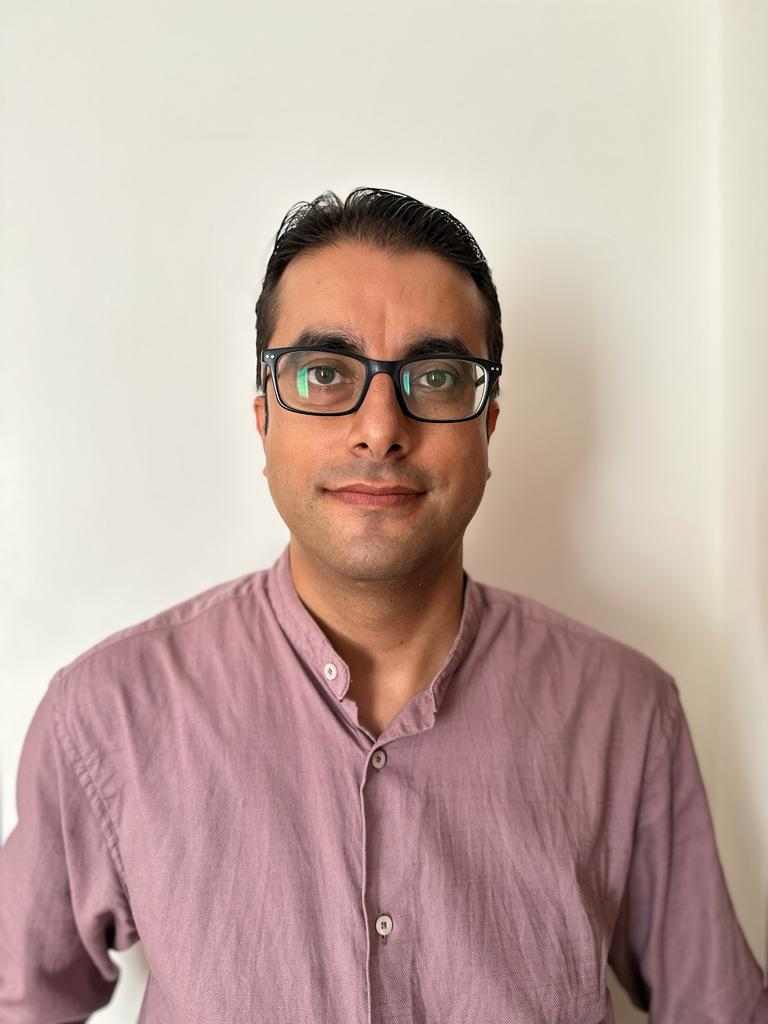Columns
Political analysis or guesswork?
We continue to trust political ‘experts’ who offer neat solutions to complex long-term problems.
Biswas Baral
They keep coming. Newspaper columns and broadcast spaces in recent months have been filled with speculations over the longevity of the KP Sharma Oli government.
Critics argue the government has failed on all important fronts. Moreover, no post-1990 regime in Nepal, however strong, has lasted for more than a couple of years. There are also whispers about the absence of India’s support for Oli. For all these reasons, his days as prime minister are numbered.
For their part, the government’s defenders say the new coalition came into being precisely to end the state of frequent government change. The opposition parties, with their limited parliamentary strength, are day-dreaming if they think they can remove a coalition with near two-thirds strength in the federal lower house. As such, the Congress-UML coalition will be firmly in place until the 2027 elections.
Both sides exaggerate. The biggest determinant of this government’s fate is not the numerical strength of individual parties or what Oli as prime minister does—or does not do. It is rather something more mundane: random luck.
Fooled by randomness
The starting point of the new political order is the 2015 constitution. A neat story has been woven around how the devastating earthquake that year united the major political actors and they in turn ‘gifted’ people the constitution as a consolation for the grave quake damages. But what would have happened had there been no earthquake that year? Would there have been no constitution?
That is a question impossible to answer. Yet the earthquake did happen and in hindsight you can present a logical-sounding set of steps post-quake that culminate in the new constitution.
“We are prone to overestimate how much we understand about the world and to underestimate the role of chance in events,” writes the Nobel prize-winning psychologist Daniel Kahneman in his groundbreaking book Thinking, Fast and Slow. “Overconfidence is fed by the illusory certainty of hindsight.”
Again, take the example of KP Sharma Oli. If it were not for sheer luck, he would not even be alive today, let alone the country’s four-time prime minister. First, the Panchayat regime could have gunned down the underground communist rebel leader during the Jhapa rebellion back in the late 1960s.
Even more recently, there were multiple occasions when he could have died from kidney-related ailments. Yet, he survived them all to lead the country multiple times. Yet, in hindsight, his elevation to the top executive post of the land seems seamless, the result of careful planning and cunning every step of the way starting with his days in underground politics.
While evaluating political events, things much beyond politics must also be factored in. This also applies to the tenure of the current government.
If, god forbid, there is another calamitous earthquake in the next few years—a likely prospect—the course of national politics could again completely change. Ditto if an old top leader of a major party were to suddenly be incapacitated. And what happens if there is a freak accident like the shooting of a protester in one of the many protests happening around the country?
Back in 2007, it was the accidental shooting of Ramesh Mahato in Lahan, Siraha that ignited the first Madhesh Revolution, which in turn was instrumental in ushering in the federal system. The course of national and Madheshi politics could have been much different without the death that day of the 15-year-old boy.
The reality is that it is hard to know what will happen in Nepali politics in the next 30 days—forget the next 30 months.
Right now, all the political parties seem to be preparing for ‘Mission 84’, which is three years away. They are making elaborate plans. But in such a volatile polity, how do you prepare for an election three years away? And shouldn’t people’s representatives be looking to carry out their current mandates rather than train their whole focus on winning in 2027?
There is so much uncertainty. Will the Rastriya Swatantra Party be able to go into the elections with Rabi Lamichhane as a free man or will he be doing time in jail come 2027? Will Balendra Shah have opened a new party? Will the Congress and the UML head to the polls in a coalition to ward off the newcomers?
Enter ‘experts’
Let us set aside the idle speculations of those not trained in political thoughts and processes. Surely, the people who closely study politics are better informed than the hoi polloi engaged in hot teashop gossip. Turns out, this belief in political expertise too is an illusion.
According to Kahneman, there is no such thing as ‘expertise’ in domains that are constantly changing, like politics. The experts in the field who offer advice on everything under the sun to the government and politicians are likely to be no more correct than a random person on the street. In fact, research suggests someone with only a passing interest in politics can offer more useful political analysis than the talking heads on TV and radio—or your favourite political columnist.
In a famous experiment spanning 20 years in the 1980s and 1990s, experts in politics and economy were asked to estimate the probability of certain events that might happen. For example, two of the questions were: “Will China increase or decrease its military spending in the next five years?” And, “Will Mikhail Gorbachev remain in power through 1991?”
Then, the more than 30,000 generated forecasts were compared against actual outcomes. As a group, experts barely outscored the chimpanzees, but they did no better than a group of “attentive readers of the New York Times.”
This is not to suggest all political analysis is useless. Far from it. Basic democratic values and rights of marginalised communities, for instance, would be under threat if not for the constant vigilance of the intelligentsia. It is when they start theorising about the future that they lose their footing.
Even when presented with evidence that the experts are wrong, we will continue to trust them because they offer neat solutions to complex problems. Perhaps we could all do a little better.
The next time you hear a supposed expert speculate about the government’s fate or the likelihood of a constitution amendment, remember, their level of accuracy will be no better than what you would get from a coin toss.




 11.12°C Kathmandu
11.12°C Kathmandu















